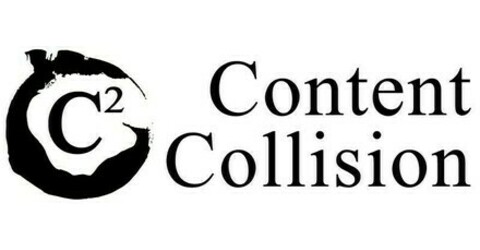The privacy pivot: media and agencies move towards digital trust
Unpacking the shift towards privacy-first strategies in media: From Google’s landmark settlement to The New York Times’ advertising transformation.

In light of consumers' heightened concerns regarding transparency and privacy, Google has agreed to delete billions of data records as part of a recent settlement. This comes in response to accusations of tracking user activity while in Incognito mode. This move, albeit resolving a 2020 lawsuit deemed meritless by Google, highlights the evolving expectations surrounding digital privacy.
For the media industry, this settlement isn't just a singular event; it's a clear signal that the rules of engagement with consumers are changing. Businesses within this sector must recognize that the traditional reliance on extensive data collection practices for targeted advertising is under scrutiny.
The requirement now is to navigate a landscape where consumer consent and privacy are paramount. This necessitates a reevaluation of how data is collected, used, and disclosed. Moreover, the emerging trend of privacy-focused litigation and regulatory action presents a complex challenge, pushing companies to adopt practices that ensure transparency and user control over their data.

Privacy in media today
Several media and agency companies are pivoting towards more privacy-centric strategies, acknowledging the shift in consumer expectations and regulatory requirements.
The New York Times is an example of this shift. The esteemed publication has made significant changes to its digital advertising strategy by phasing out third-party advertising data, opting instead to rely on its wealth of first-party data collected directly from its subscribers. This move not only enhances subscriber trust by safeguarding their privacy but also sets a new standard for the industry by demonstrating that effective advertising can be achieved without compromising user privacy.
Similarly, Dentsu is another entity making strides towards prioritizing privacy. The global marketing and advertising agency group has initiated a comprehensive privacy-first approach, integrating privacy by design principles into all its digital marketing solutions. Dentsu's strategy involves close collaboration with technology partners to develop solutions that minimize the reliance on personal data without detracting from the effectiveness of marketing campaigns.
Publicis Groupe, a player in the advertising and communications sector, is also navigating the shift towards privacy-focused strategies with investments in data protection and privacy technologies. Recognizing the importance of trust in customer relationships, Publicis Groupe has launched its own consent management platform and developed proprietary tools that enable personalized marketing efforts while strictly adhering to privacy regulations.

Navigating privacy concerns with the right tools
In response to growing privacy concerns, several tools have emerged, offering businesses and consumers alike ways to safeguard digital privacy. One notable tool is VPNs (Virtual Private Networks), which encrypt internet traffic, obscuring digital footprints and protecting user data from unwanted tracking. One example of VPNs equipped with security and privacy policies is Surfshark.
Another essential tool is privacy-focused browsers, such as Brave or DuckDuckGo, which automatically block trackers and third-party cookies. Their rising popularity reflects a growing consumer preference for privacy-preserving technologies—a trend that B2B marketers can not afford to ignore. Incorporating these tools into digital marketing strategies or advocating for their use can help B2B companies align themselves with the privacy-conscious market segment.
Lastly, consent management platforms (CMPs) have become indispensable in navigating the complex web of data privacy regulations. CMPs enable businesses to manage user consents efficiently, ensuring compliance with laws like GDPR and CCPA. CMPs that are available include OneTrust, Quantcast Choice and Cookiebot.
ContentGrow is a managed talent network for brands and publishers to work with high-quality freelance writers and journalists worldwide. Sign up to get started or book a discovery call to learn more.





